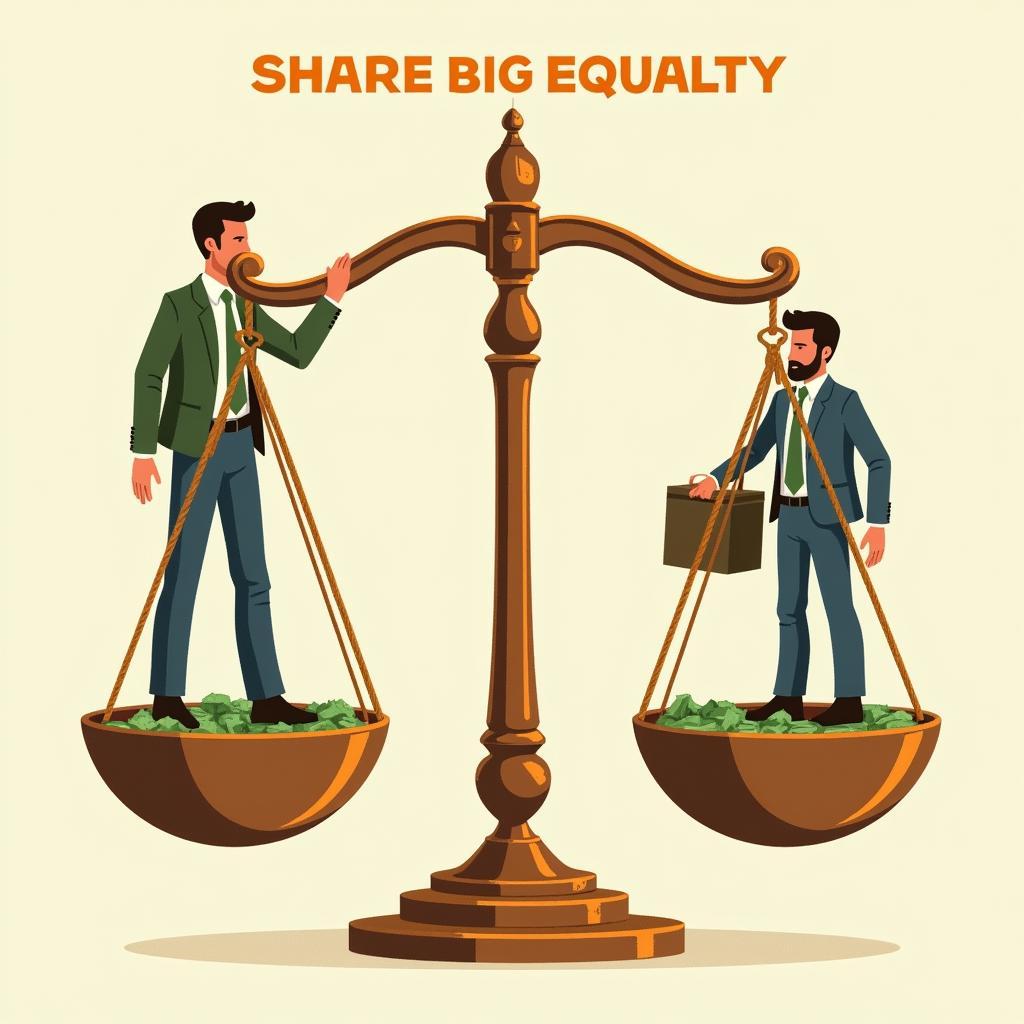The “share-the-wealth” society, a term often encountered on Quizlet, reflects a fascinating concept that has captured the attention of many. This article will delve into the origins, principles, and implications of this societal model, exploring its historical context, practical applications, and potential challenges. We will examine how the idea of sharing wealth resonates with different economic philosophies and societal structures.
Exploring the Origins of the “Share-the-Wealth” Concept
The phrase “share-the-wealth” is most commonly associated with Huey Long, a prominent American politician during the Great Depression. Long advocated for a radical redistribution of wealth to address the severe economic inequality of the time. His proposals included capping personal fortunes, guaranteeing a minimum annual income, and providing free education and healthcare. While Long’s plan gained significant traction, it also sparked heated debates about its feasibility and potential consequences. Understanding the historical context of the Great Depression is crucial for comprehending the appeal and the controversy surrounding this concept.
Huey Long and the Great Depression: A Contextual Analysis
The Great Depression created a climate of economic hardship and social unrest, making Long’s message of economic equality resonate with many struggling Americans. He argued that the concentration of wealth in the hands of a few was a fundamental flaw in the capitalist system and proposed his “share-the-wealth” program as a remedy. His plan aimed to limit individual wealth and redistribute it to provide every family with a home, a car, a radio, and other basic necessities. This radical proposal, while appealing to some, raised concerns about government overreach and potential damage to the economy.
Examining the Principles of a “Share-the-Wealth” Society
A “share-the-wealth” society, in its essence, aims to reduce economic disparity and ensure a more equitable distribution of resources. While the specific mechanisms can vary, the core principle remains the same: wealth should be shared to benefit all members of society. This could involve progressive taxation, social safety nets, and investments in public services like education and healthcare. However, the implementation of such policies raises complex questions about economic efficiency, individual liberties, and the role of government.
Practical Applications and Potential Challenges
Putting the concept of “share-the-wealth” into practice involves navigating numerous challenges. How do we define “fair” distribution? What are the potential consequences for economic growth and individual incentives? These are critical questions that require careful consideration. Some argue that excessive wealth redistribution could stifle innovation and entrepreneurship. Others contend that it is necessary to create a just and equitable society. Finding the right balance between these competing interests is a significant challenge.
 Visual representation of economic equality in a Share the Wealth society
Visual representation of economic equality in a Share the Wealth society
The “Share-the-Wealth” Idea in Modern Discourse
While Huey Long’s specific plan is now historical, the idea of sharing wealth continues to resonate in contemporary discussions about economic inequality and social justice. From debates about universal basic income to proposals for wealth taxes, the underlying principle of ensuring a more equitable distribution of resources remains a relevant and contested topic.
Contemporary Interpretations and Debates
Modern interpretations of “share-the-wealth” often focus on addressing systemic inequalities and promoting social mobility. These conversations explore a range of policy options, including progressive taxation, investments in education and job training, and strengthening social safety nets. The ongoing debate highlights the continuing tension between individual economic freedom and the collective responsibility to ensure a just and prosperous society.
Conclusion: The Legacy of “Share-the-Wealth”
The “share-the-wealth” society proposed by Quizlet as exemplified by Huey Long’s proposals, offers a historical lens through which to examine enduring questions about economic inequality and social justice. While the specific solutions remain debated, the core principle of sharing wealth to create a more equitable society continues to inspire dialogue and shape policy discussions around the world.
FAQ
- What was Huey Long’s “share-the-wealth” plan?
- How did the Great Depression influence the “share-the-wealth” movement?
- What are the potential benefits and drawbacks of wealth redistribution?
- How is the “share-the-wealth” concept relevant today?
- What are some contemporary policies that reflect the idea of sharing wealth?
- What are the ethical considerations surrounding wealth redistribution?
- How can we balance economic growth with social justice?
Need further assistance? Contact us 24/7: Phone: 02043854663, Email: [email protected], or visit us at Zone 34, Bac Giang, 260000, Vietnam.